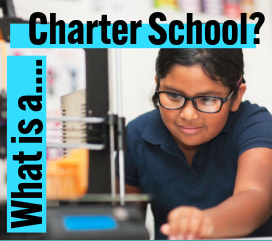Get In Touch!
|
About Us
A non-profit (501c3) supporting Metro Atlanta parents through education workshops and coaching sessions. We share resources and opportunities to help K-12 students reach their full potential.
|
© EdConnect. All rights reserved | Privacy Policy

